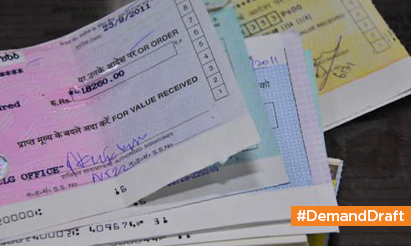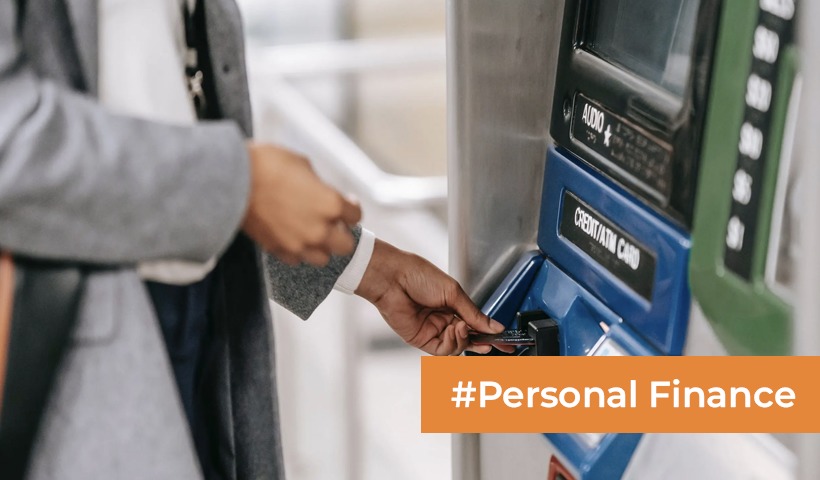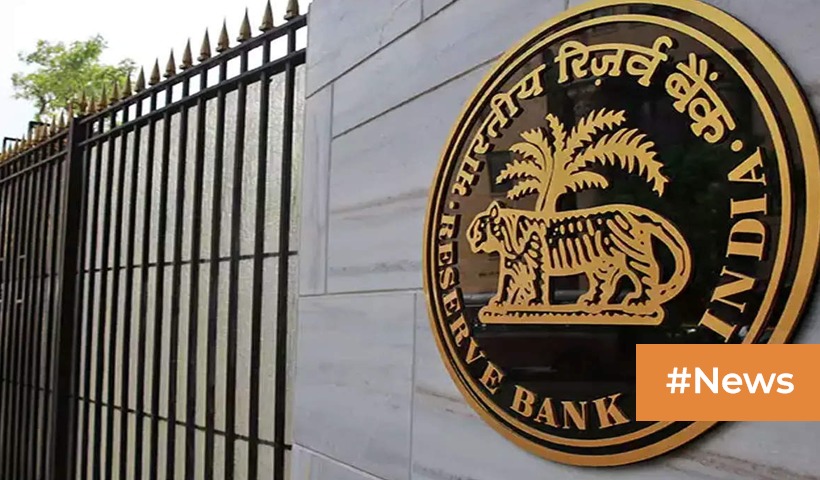Bank Locker: Here’s everything you should know to protect your assets!
A bank locker is an important way to securely store valuable items such as jewelry, documents, and other important possessions. A bank locker is a safe deposit box that is typically available for rent at a bank or other financial institution. These boxes are typically used to store valuable items such as jewelry, documents, and other important possessions that need to be kept secure. Customers can access their lockers using their own personal keys or with the assistance of bank staff. The availability and cost of bank lockers can vary depending on the bank and location.
Here are a few reasons why a bank locker can be important:
- Safety: Bank lockers are typically located in secure areas of the bank, such as a vault, and are designed to be tamper-proof. They also have advanced locking mechanisms that ensure the contents are protected from theft and unauthorized access.
- Protection from natural disasters: Bank lockers provide protection against natural disasters such as floods, fires, and earthquakes. If a natural disaster occurs, your valuables will be safe and secure in the bank locker.
- Convenience: Bank lockers offer a convenient way to store your valuables, as they are accessible during bank hours and can be accessed at any time.
- Peace of mind: Knowing that your valuable items are safe and secure in a bank locker can provide peace of mind and reduce stress.
- Insurance: Often bank also provide insurance for the item kept in locker, it varies from bank to bank.
- Legal: Certain legal documents such as property papers, will, trust deeds etc. need to be stored in safe place and bank locker is a perfect place for it.
- Discreet: Bank lockers are generally a discreet way to store valuable items, as you can access them without drawing attention to yourself.
Disclaimer: The views expressed above are for informational purposes only based on industry reports and related news stories. PropertyPistol does not guarantee the accuracy, completeness, or reliability of the information and shall not be held responsible for any action taken based on the published information.





What happens when a if my banker closes?